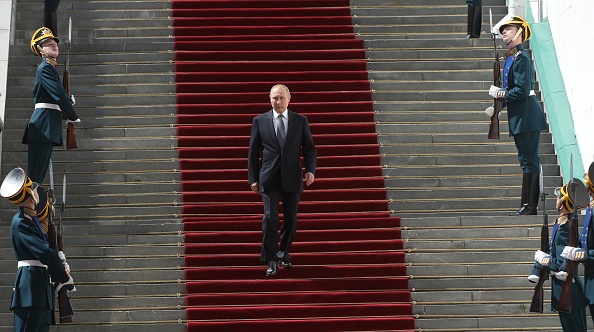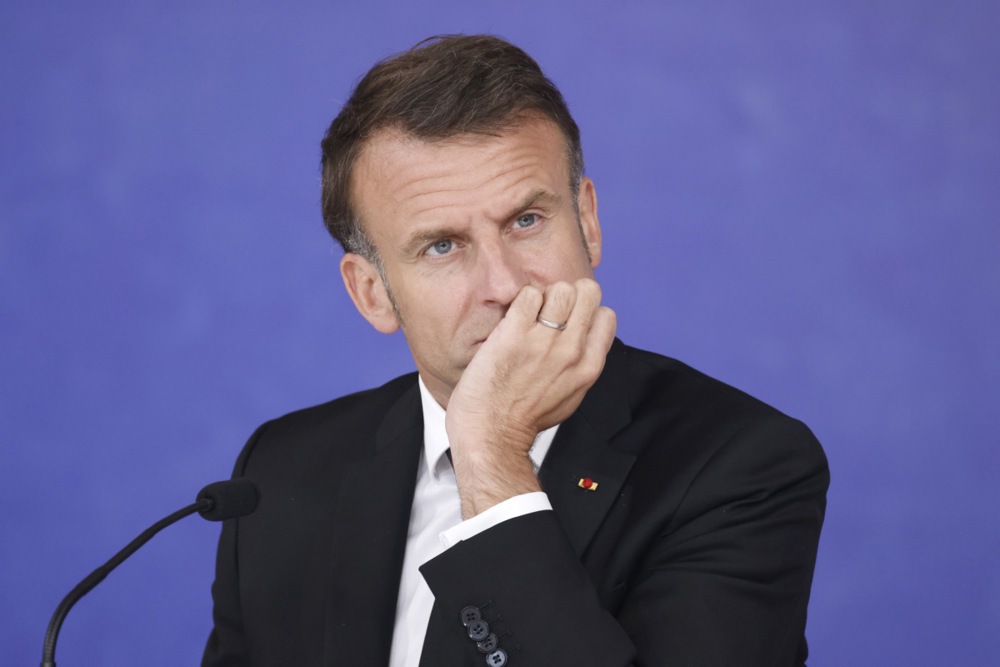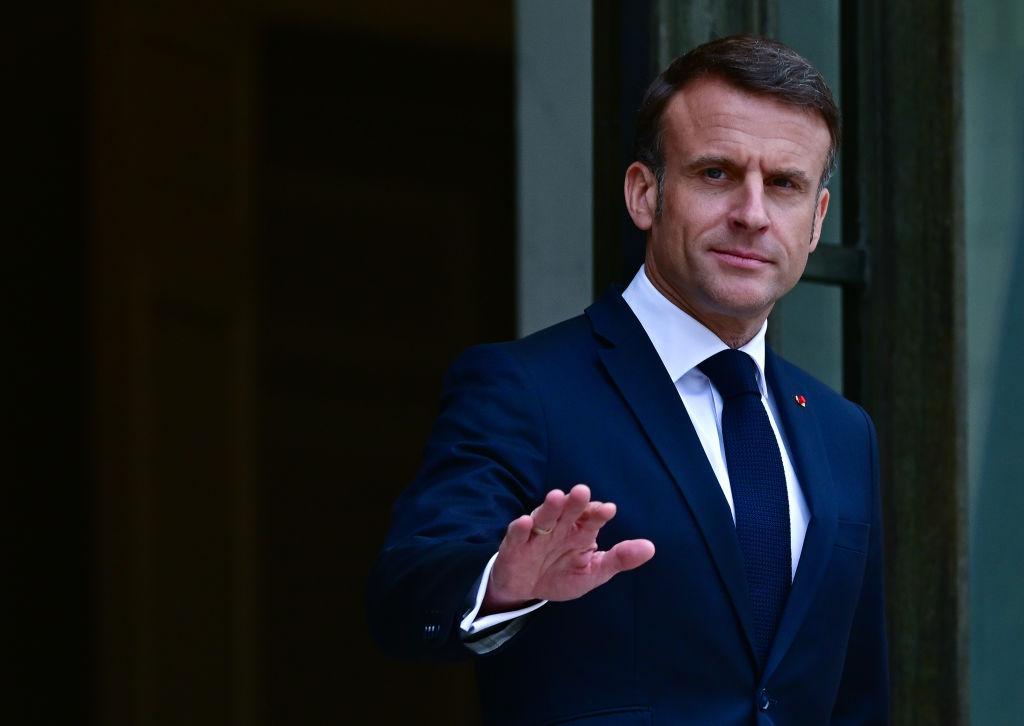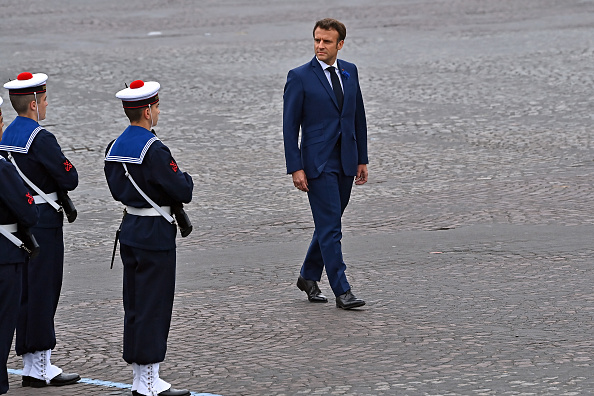North Macedonia’s right-wing, Eurosceptic VMRO party has won both parliamentary and presidential elections, as voters vented anger over corruption and slow movement in the country’s 19-year bid to join the European Union.
Hristijan Mickoski’s VMRO – heading a 22-party coalition called Your Macedonia – gained 42 per cent of the vote, well ahead of the 15 per cent for the Social Democrats who had held power since 2017.
University professor Gordana Siljanovska-Davkova will take over the presidency from pro-Western incumbent Stevo Pendarovski, with 65.1 per cent of the vote to his 29.2 – to become the country’s first woman to hold the office.
The elections mark a “complete power change”, said Sofia-based analyst Metodi.
The Social Democrats were elected in 2017 on a promise of advancing the country’s stalled EU accession process.
It notched an early win by resolving its long-standing name dispute with Greece, allowing North Macedonia (as it now is) to join NATO in 2000.
Bulgaria, though, has blocked North Macedonia’s EU accession since, demanding it pass constitutional changes recognising the country’s Bulgarians as a constituent nation.
Those amendments are unpopular among those “who perceive the Social Democrats’ foreign policy as being too compliant with the Bulgarian demands”, Tzanov said.
The VMRO has blocked the two-thirds parliamentary majority the amendments would require and has won support by arguing it “will at least stand ground on the international stage”, he added.
Mickoski, who has only used the former name of the country, Macedonia, during the campaign, has also pledged to use it in power.
If he does, worsening relations with both Greece and Bulgaria could mean the country’s EU accession could stall entirely, according to Andrius Tursa, US-based Teneo’s Eastern Europe advisor.
The elections should be “an alarm signal” for the EU “to give States that are committed to the values of democracy better perspectives of joining”, said Berlin-based economist Johannes Eber.
With 58 of the parliament’s 120 seats, the VMRO will still need to find a coalition partner.
With Albanians making up a quarter of the country’s population, Albanian parties have figured in most coalition governments since the country was formed in 1991.
The VMRO will begin talks in the next few days with the ethnic Albanian alliance VLEN/VREDI, with 13 seats. The two are most “likely to form the next cabinet”, said Tzanov.
The Bulgarian amendments could be a sticking point, with VLEN entering into a “gentlemen’s agreement” with its opposing Albanian party the DUI-led European Front, likely meaning that neither will enter a cabinet that does not promise to adopt the constitutional changes.
An alternative coalition partner could, though, be the ZNAM, an ethnic Macedonian splinter group from the Social Democrats, with its six seats.
Many international commentators blamed the EU, as well as France, for causing the VMRO’s rise by dashing Skopje’s accession hopes.
North Macedonia “was once ready to do ‘anything’ for EU membership” and electing a hard-right nationalist government was “a tragic outcome, almost entirely facilitated by the EU”, Balkans expert Una Hajdari wrote on Twitter/X.
Macron’s France, which in 2019 vetoed accession talks with North Macedonia and Albania, “played an outsized role in decimating the credibility of the EU in North Macedonia,” said fellow Balkans expert Jasmin Mujanović. Macron was now “pulling the same stunt” with Kosovo’s bid to join the Council of Europe, he warned.
Macedonia was the “latest sad example of the disastrous EU politics in the Western Balkans”, stated Nedad Memić, a communications professional in Vienna originally from Sarajevo.
“A multi-ethnic country, which did everything to please its hostile neighbours and ethnic groups. But for the EU, that was not enough.”





